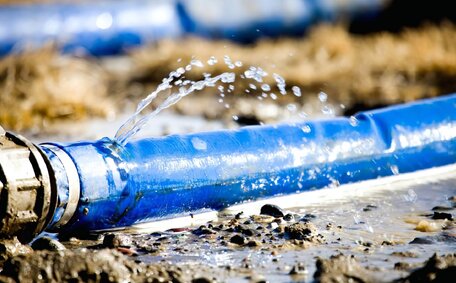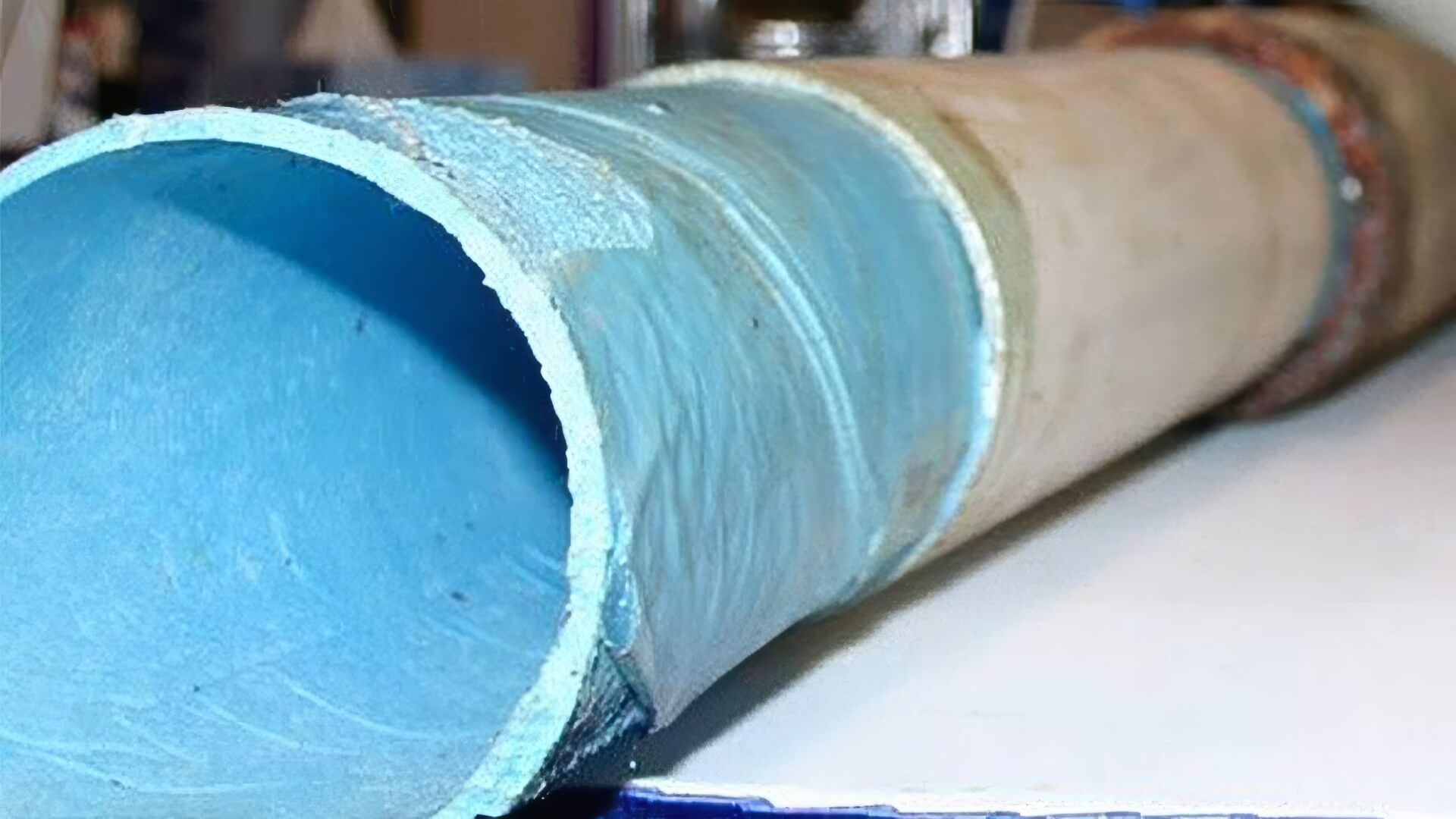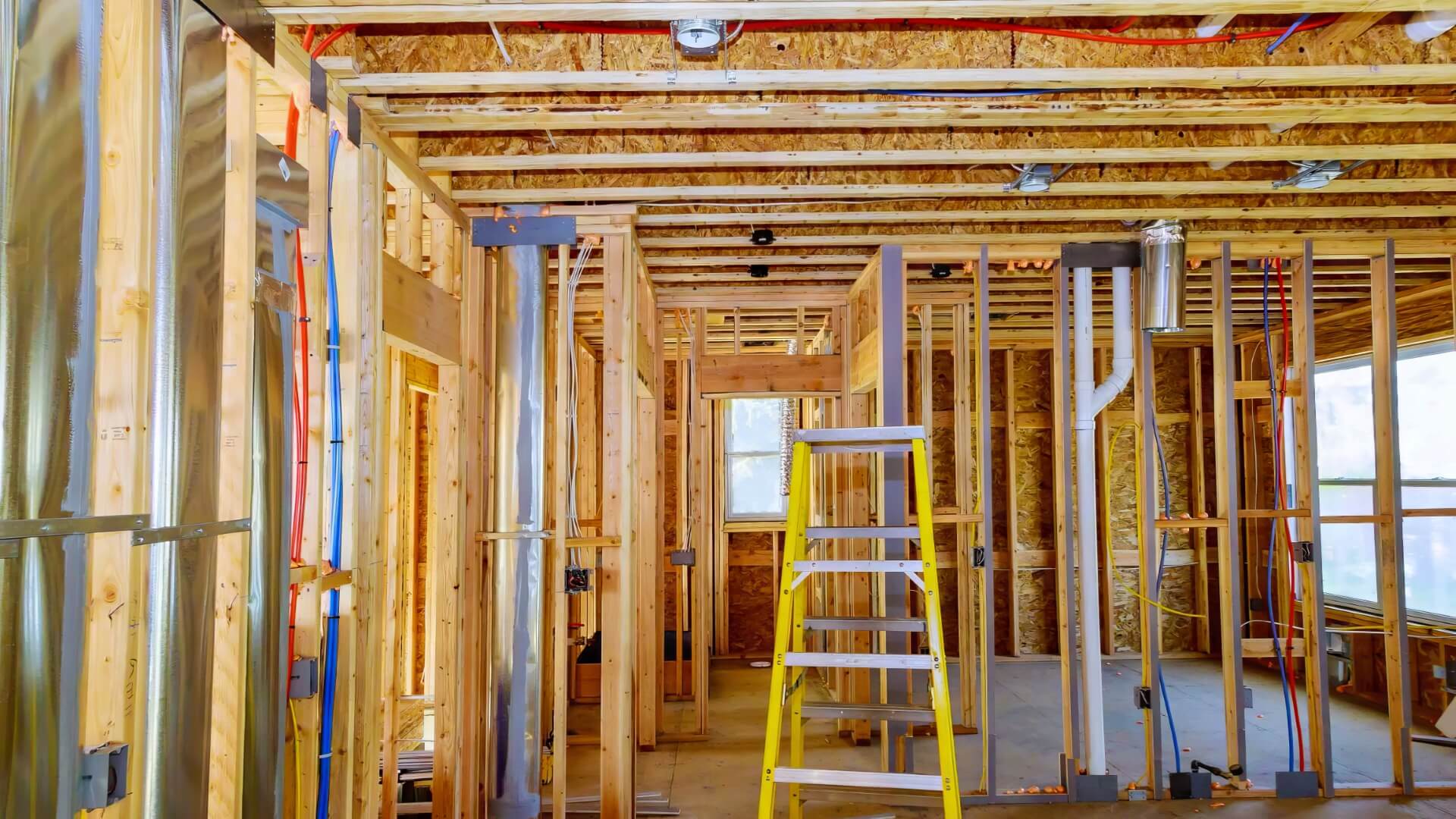Why DIY Drain Cleaning Can Be Risky
When faced with a clogged or slow-flowing drain, many homeowners are tempted to grab the nearest chemical drain cleaner or improvised plumbing tool and attempt to solve the problem themselves. However, DIY drain cleaning can often lead to more harm than good if not done properly.
The intricate plumbing systems hidden behind our walls require skill and knowledge to maintain effectively. Harsh chemical drain cleaners may appear to dissolve clogs at first but can corrode pipes over time. Likewise, forceful plunging or poking objects down the drain risks pushing the clog farther down or fracturing the drainage system.
Without proper training, amateur repairs can inadvertently damage pipes, joints and seals.
Some of the most common DIY drain cleaning mistakes include:
- Using chemical drain cleaners as a quick fix - While these may provide temporary relief, they can corrode pipes and cause bigger problems later on.
- Attempting to dislodge clogs with unsuitable tools - Sticks, coat hangers and other improvised instruments often just push clogs farther down the pipes.
- Using too much force while plunging - Excessive force risks damaging joints and connections within the drainage system.
- Using high-pressure water hoses/jets - High pressure water can fracture drainpipes and push clogs deeper into the plumbing system.
While a bit of DIY elbow grease may seem like a money-saving solution, a botched drain repair can lead to pricey plumbing bills down the track. If home remedies fail to clear your drain, it’s best to call a professional plumber to correctly diagnose and treat the problem without damaging your plumbing system.
Using Harsh Chemical Drain Cleaners
While chemical drain cleaners may seem like an easy solution for clogged drains, they can actually do more harm than good in the long run. These harsh chemicals work by dissolving organic matter like hair, grease, and food particles. However, they are highly corrosive and can damage plastic, metal, and even ceramic pipes over time.
The active ingredients in many store-bought drain cleaners - such as lye, sulfuric acid, and hydrochloric acid - are powerful enough to eat through clogs but also your plumbing. Repeated use slowly wears down pipes, leading to leaks, corrosion, and blockages further down the line.
A safer alternative is to try dissolving clogs naturally using a simple baking soda and vinegar mix. Simply pour 1/2 cup of baking soda down the drain followed by 1 cup of vinegar.
The reaction causes fizzing and bubbling that can help break up grease and debris. Cover and let sit for 5-10 minutes before flushing with boiling water. Cover and let sit for 5-10 minutes before flushing with boiling water.
While DIY drain cleaning has its place, excessive use of any method can cause eventual issues. For recurrent or major blockages, calling a professional plumber is advisable. They have the tools and expertise to clear drains and identify potential problems without damaging your plumbing system.
Improper Use of Plungers
Plunging is often one of the first DIY methods attempted to unclog drains. However, improper plunging technique can make clogs worse and even damage your plumbing.
Effective plunging relies on creating enough suction to dislodge the clog without exerting excessive force. The key is using the right sized plunger and proper form.
For sink drains, a compact sink plunger is required. Regular toilet plungers are too large and can fracture pipes. Cover any overflow holes with rags too. Regular toilet plungers are too large and can fracture pipes.
Place the plunger firmly over the drain opening to form a seal. Place the plunger firmly over the drain opening to form a seal.
For toilets, ensure you use a bulb-shaped toilet plunger. Quick, vigorous plunging can damage the wax ring seal and cause leaks. Instead, make 3-4 gradual plunges then pull up sharply to detach the clog. Repeat as needed but avoid excessive force.
If plunging numerous times with the right technique fails to shift the clog, further DIY attempts risk damaging your plumbing. Consulting a professional plumber is advisable, as they have specialised drain augers and snakes that can remove stubborn clogs with minimal disruption to pipes.
Poking Objects Down the Drain
One of the biggest mistakes amateur plumbers make is casually poking objects down the drain in an attempt to dislodge a clog. While it may seem like a quick fix, this improper DIY method often does more harm than good.
Using sticks, coat hangers, screwdrivers or other household items to poke and prod a clogged drain will not solve the problem long-term. These rigid, blunt objects simply push the obstruction deeper into the plumbing system rather than removing it.
Poking holes or scraping the insides of drainpipes also risks damaging your plumbing. Older metal pipes can be punctured, while plastic pipes may get stress fractures. This ultimately leads to leaks, corrosion and even more blockages down the line.
Any fragments broken off the improvised tool you are using may get stuck in the drain too, exacerbating the clog. Hair, soap residue and other debris attached to the object can also worsen the accumulation.
While the urge to grab whatever is handy to force through a stubborn clog is understandable, this misguided DIY approach often compounds the issue. For persistent drain blockages, calling a professional plumber to properly clear and inspect your pipes is highly advisable.
Putting Too Much Pressure with a Hose
Using a high-pressure garden hose in an attempt to blast away a clogged drain may seem like a quick fix, but this improper DIY method risks damaging your plumbing system.
The powerful jet of water may appear to dislodge debris and clear pipes initially. However, it can fracture drain pipes, erode pipe interiors and push blockages farther in, exacerbating the problem.
Plastic pipes are especially vulnerable to high-pressure water damage. The intense jet can puncture holes, cause leaks or blow pipes apart at the joints. Galvanised steel drain pipes can also be dented, rusted or broken.
Forcing too much water pressure through pipes not designed to withstand it also places strain on pipe fittings. This can loosen joints and seals, leading to leaks throughout the plumbing system. Any pre-existing cracks or weak spots will rapidly deteriorate.
Rather than using brute force, a professional plumber has specialised drain cleaning tools that can clear blockages without damaging pipes. A flexible auger or drain snake can reach clogs and remove them safely. For DIY methods, try a plunger or baking soda and vinegar before resorting to anything more drastic.
Snaking the Drain Incorrectly
Attempting to snake a drain without proper training can lead to damaged pipes, costly repairs, and even worsen clogs. Here are some common mistakes to avoid when snaking a drain yourself:
- Using the wrong size snake - A cable that is too large or small will be ineffective and risks getting stuck in the drain.
- Feeding the snake down too quickly - Rushing can cause kinks, scrapes, or punctures.
- Using excessive force - Too much torque risks breaking the snake or pipe joints.
- Feeding the snake down the wrong pipe - Ensure you locate the correct pipe to reach the clog.
- Leaving the snake unattended - This can lead to overfeeding and pipe damage.
- Retrieving a stuck snake improperly - Avoid pulling too hard or using improper tools.
For best results, use a proper hand or powered auger designed for household drains. Locate fixtures correctly and only feed the length required to reach the clog. For best results, use a proper hand or powered auger designed for household drains. Feed the rotating snake slowly while adjusting the force as needed.
Retrieve gently if snagged.
Ignoring Routine Maintenance
One of the biggest drain cleaning mistakes homeowners make is ignoring routine maintenance. Without regular care, minor drain issues can escalate into major blockages and plumbing headaches.
Simple preventative steps like using drain covers, avoiding grease buildup, and clearing hair from drains can greatly extend the lifespan of your plumbing. Professional drain inspections every year or two are also recommended to catch any hidden issues before they worsen.
During routine maintenance, a plumber will check for root infiltration, pipe corrosion, leaks, and other problems that may not be immediately visible. They can then take proactive steps to repair issues and prevent future blockages.
Investing in regular drain check-ups and minor cleaning can save money and stress compared to emergency drain repairs down the track. By being vigilant about maintenance, you can avoid many frustrating DIY attempts to clear severe clogs on your own.
While some DIY drain care has its place, nothing beats having a professional regularly service your drains. Companies like Balmain Plumbing have the expertise to keep your plumbing operating optimally for years to come.
Not Knowing When to Call a Professional
As a homeowner, it can be tempting to tackle every drain issue yourself to save money. However, there are certain scenarios where taking a DIY approach to drain cleaning can lead to bigger problems if not handled correctly.
Persistent clogs that don’t budge with repeated plunging or snaking are a key sign professional help is required. A plumber has specialised drain augers and cutting tools that can remove stubborn obstructions without damaging pipes.
Likewise, if you notice consistently slow drainage or the need to plunge frequently just to keep drains flowing, a deeper issue likely exists. Professionals have camera equipment to inspect drains and locate any damaged pipes or root infiltrations.
Unusual gurgling noises, a constantly full plumbing vent pipe, or foul sewer gas odours also indicate something is awry in your plumbing system. Attempting to fix these issues yourself can be futile or result in costly mistakes.
While basic drain care has its place, complex problems are best left to the experts. Companies like Balmain Plumbing have extensive knowledge and the right tools to address any plumbing issue quickly and safely.






